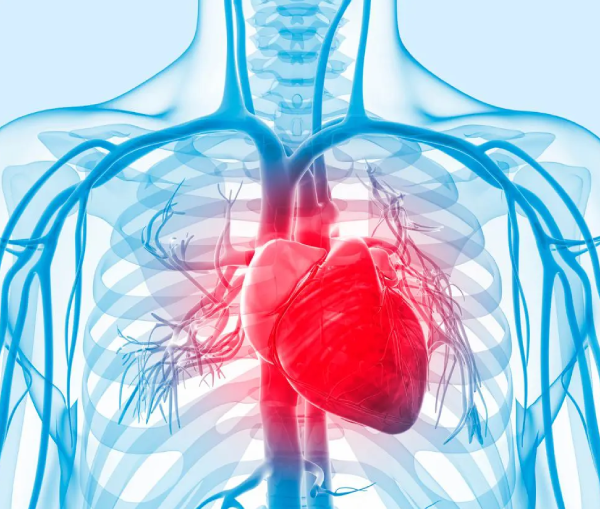Electrophysiology
Mayo Clinic in Arizona, Florida and Minnesota each offer an electrophysiology laboratory. People might be treated in one of these labs if they have heart rhythm disorders (arrhythmias). Our doctors are experts in treating arrhythmias with cardiac ablation, implantable devices such as pacemakers and implantable cardioverter-defibrillators (ICDs), and other methods.
In the electrophysiology laboratories, cardiologists trained in the diagnosis and treatment of heart rhythm disorders (electrophysiologists) use advanced 3D mapping and imaging systems. If you're in the hospital and need an electrophysiology study, you'll be taken to a special procedure room with state-of-the-art electrophysiology equipment that allows for advanced analysis and recording.
The electrophysiology laboratory at Mayo Clinic in Minnesota is active in all aspects of the care of children, adolescents and adults with arrhythmias. The staff includes doctors trained in treating children with heart conditions.
An EP study can help determine the cause of irregular heart rhythms, called arrhythmias. Sometimes it's done to predict the risk of sudden cardiac death.

Why it’s done?
An EP study gives your healthcare team a very detailed look at how electrical signals move through the heart. You may need an EP study if:
- You have an irregular heart rhythm, called an arrhythmia. If you have an irregular or fast heartbeat, such as supraventricular tachycardia (SVT) or any other type of tachycardia, an EP study can help determine the best treatment.
- You fainted. If you had a sudden loss of consciousness, an EP study can help determine the cause.
- You're at risk of sudden cardiac death. If you have certain heart conditions, an EP study can help determine your risk of sudden cardiac death.
- You need a treatment called cardiac ablation. Cardiac ablation uses heat or cold energy to correct irregular heart rhythms. An EP study is always done before cardiac ablation to find the area of the irregular heart rhythm. If you're having heart surgery, you may have cardiac ablation and an EP study on the same day.
As with many tests and procedures, an EP study has risks. Some can be serious.
